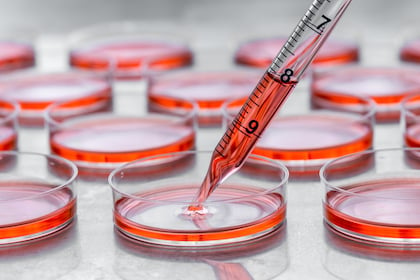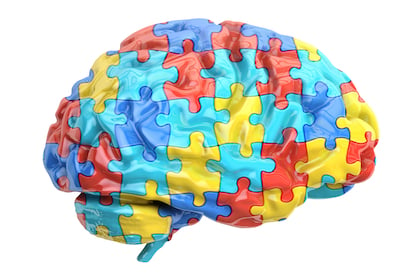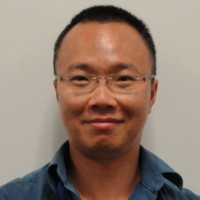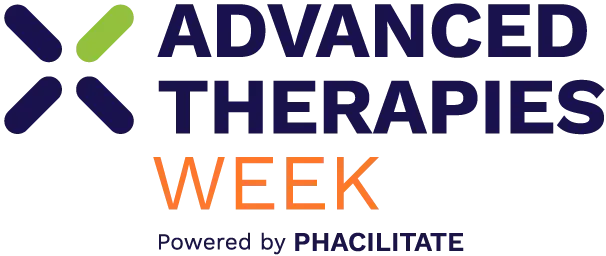Autism spectrum disorder (ASD) is a complex developmental disability that impairs the ability to communicate and relate to others. Affecting 1% of the world population, it is the most commonly diagnosed childhood developmental disorder. In 2018, the Centers for Disease Control (CDC) reported that rates of autism had increased to an estimated 1 in 59 children, up from 1 in 88 just six years ago.
In this post, we highlight recent advancements in stem cells as treatment and study of autism to commemorate World Autism Awareness Day (2 April 2019).
The Etiology of Autism
Often, children show symptoms of autism within the first year, while some others start to show a period of regression between 18 and 24 months of age, eventually developing the symptoms (Mayo Clinic). Unfortunately, diagnosing autism can be difficult, since there is no medical test to diagnose the disorder. Current diagnosis relies on a range of observations of behaviors in young children.
While both genetic and environmental factors have been found to be involved in autism pathogenesis, changes in over 1,000 genes have been reported to be associated with ASD (NIH). For example, genome-wide association studies (GWAS) have revealed copy number variations (CNVs) and single-nucleotide polymorphisms (SNPs) associated with ASD. Many of these genes are involved in the development of the brain.
Cell Therapy for Autism
Owing to neurobiological changes underlying ASD development, which predominantly involve central nervous system dysfunction, stem cell-based therapies have emerged as a potential treatment for autism. A search on the clinicaltrials.gov database returned more than ten cell therapy clinical trials registered for autism, primarily involving mesenchymal stem cells (MSCs) derived from cord blood and bone marrow.
The rationale behind treating autism with MSCs is obvious. ASD shows immune system abnormalities and strong proinflammatory production. MSCs secrete various anti-inflammatory paracrine factors, possess high in vitro proliferation capacity, and exhibit low immunogenicity properties. Decreasing inflammation may alleviate symptoms of autism in these patients. Outcomes from early phases of some clinical trials are promising, whereby significant improvements in behavior have been reported[1]. Other types of stem cells, such as neural stem cells and adipose-derived stem cells, have also been proposed as potential cell source of treatment, due to their neuroprotective and immunosuppressive effects. More recently, several studies have pointed to exosomes secreted from MSCs as the main mediators of the therapeutic effects of MSCs, with marked beneficial effects of exosomes described in animal models[2]. Allogeneic MSCs derived from human induced pluripotent stem cells (iPSCs), which have already been used in a Phase I trial to treat graft-versus-host disease (GVHD), could potentially offer another renewable cell source for autism treatment.

Modeling Autism in a Dish
With the same repertoire of genetic variants as the donor proband, the reprogramming of somatic cells into iPSCs offers a valuable tool for dissecting the molecular genetics underlying ASD development and for identifying potential treatments. To achieve this, autism-specific iPSC-derived neural cells could provide a platform for modeling inflammatory responses, such as susceptibility to glutamate-induced excitotoxicity. In disease modeling, one of the most critical steps is to generate transgene-free and high-quality patient-specific iPSCs without the introduction of any genomic alterations, including CNVs. As such, RNA reprogramming has been found to introduce the lowest aneuploidy rates in iPSCs[3], rendering it the most reliable method to study disease-in-a-dish. In addition, gene editing techniques such as CRISPR have also enabled the study of common functional phenotypes from isogenic iPSCs and neurons, offering the possibility for drug screening in the era of precision medicine.
Four reasons to partner with REPROCELL for iPSC contract research and services
- The most rapid and robust reprogramming technology on the market, StemRNA™ allows derivation of clinically relevant footprint-free iPSCs
- Our StemEdit gene editing service uses AI-derived OpenCRISPR-1 to modify the iPSC genome, enabling you to design your specific cell type.
- We are a global biorepository for the largest source of human tissues, enabling you to gain access to normal or diseased tissue for disease modeling projects
- Accelerate speed to market with half the industry turnaround time
- REPROCELL can support a wide range of preclinical and commercial iPSC and disease modelling applications.
If you want more information about participating in clinical trials, please contact your personal physician. They are the best person to provide information about treatment options for you.
References
- Dawson et al. Autologous Cord Blood Infusions Are Safe and Feasible in Young Children with Autism Spectrum Disorder: Results of a Single‐Center Phase I Open‐Label Trial. Stem Cells Translational Medicine 6:5 (2017)
- Perets et al. Intranasal administration of exosomes derived from mesenchymal stem cells ameliorates autistic-like behaviors of BTBR mice. Molecular Autism 9:57 (2018)
- Schlaeger. A comparison of non-integrating reprogramming methods. Nature Biotechnology 33:1 (2015)










